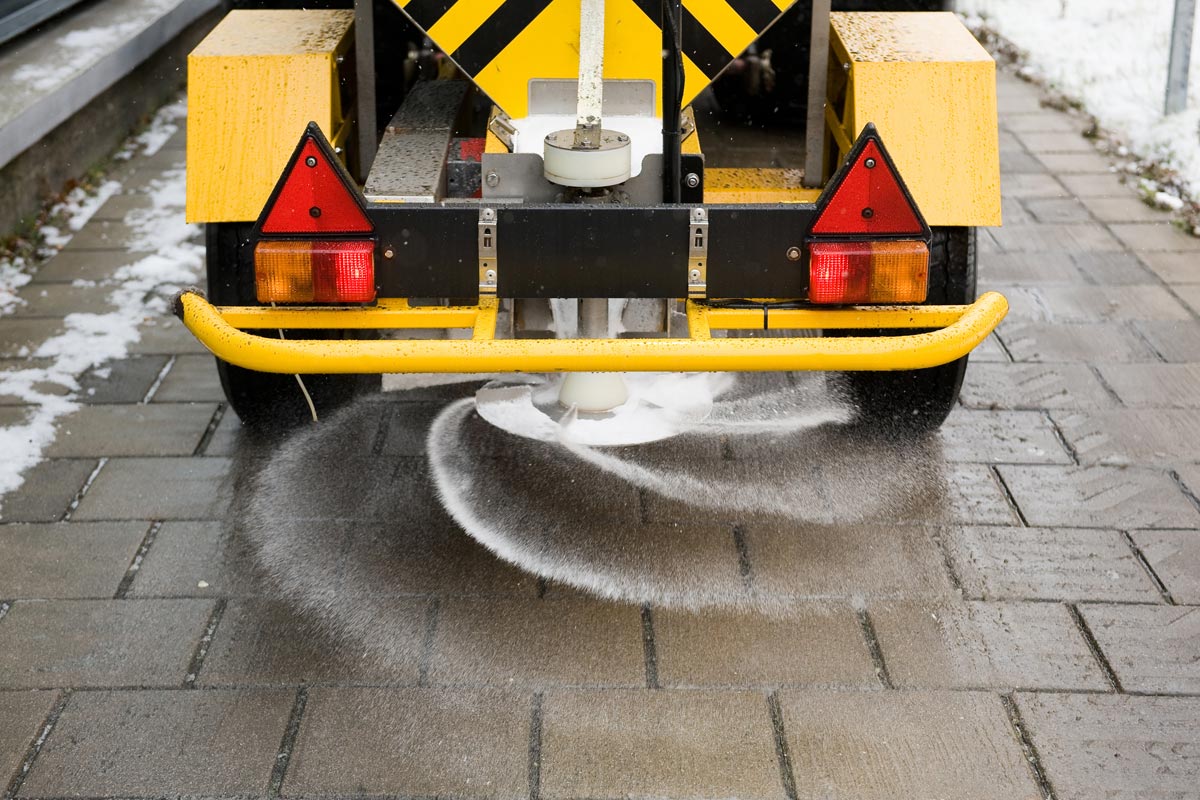
As we normally advise this time of year on how to start prepping fleets for the cold season, especially lately, even if winter weather isn’t quite here yet, prevention is better than cure. This is definitely our favourite adage. You will surely by now have come across our drivers’ advice for winter weather or one of our resources: The Winter Checklist or Winter Driving eBook.
But how does this apply to councils or public sector fleets?
Winter maintenance has a very specific meaning for these sectors, as vehicles not only have to be made ready to face cold and ice, but certain vehicles are specifically tasked with tackling the snow and ice that endangers the safe passage of pedestrians and vehicles on public roads.
What happens exactly?
Councils and public sector organisations work out a Winter Maintenance Plan, the aim of which is to allow the safe passage of vehicles and pedestrians, minimise delays due to winter weather and ensure all the necessary winter maintenance operations are undertaken safely.
The Winter Maintenance Plan is certainly a good way to start, but it needs to be translated into actions that both guarantee smooth activity on the road as well as compliance with legal and council standards. The challenge here is how to establish standards for Winter Maintenance, how to establish priorities and how daily winter maintenance operations can be directed. According to public work standards, performance of the operations also needs to be monitored and measured, and it is necessary for councils to seamlessly liaise with other councils or with police and emergency services in some cases.
This is far from being easy, and given the public area that needs to be covered by winter maintenance vehicles, the quantity of tasks that need to be performed, the decisions that often have to be taken quickly and the need to keep a safe record of everything for compliance and performance measurement purposes, the public sector fleet managers of today cannot disregard the use of technology to fulfil all these requirements.
Modern fleet management systems give fleet managers the opportunity to streamline their winter maintenance through a number of special features such as operating reports with on and off times and routes; routes and location reports to be used for the logistical planning of maintenance; gritting and salting data (even in real time); auxiliary equipment activity reports; monitoring of geographic areas that can be used to communicate which ones have already been worked on and can be travelled on by vehicles and the automating of external communication.
If you wish to combine that power with a suite of ‘personalisable’, intelligent alerts and a system that keeps track of everything happening in your winter maintenance plan, get in touch—we are winter maintenance specialists and have worked closely on this with several councils in Ireland and the UK (Dublin City Council, Cork County Council, Devon County Council to mention just a few!).
Photo Credit: https://www.twiggroup.co.uk



